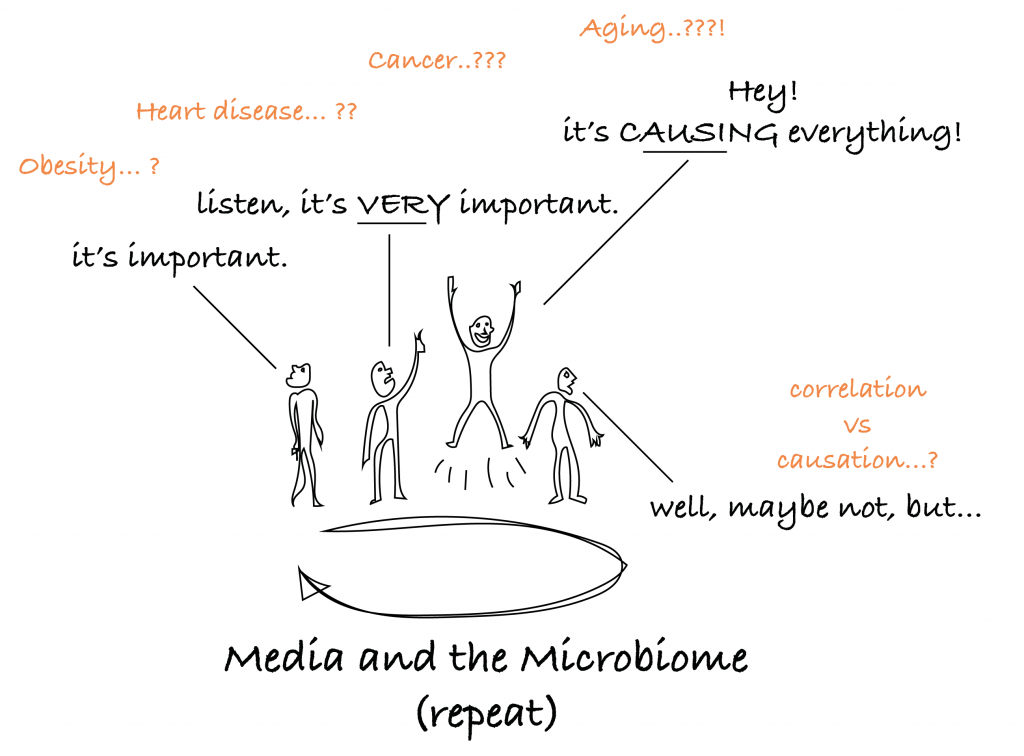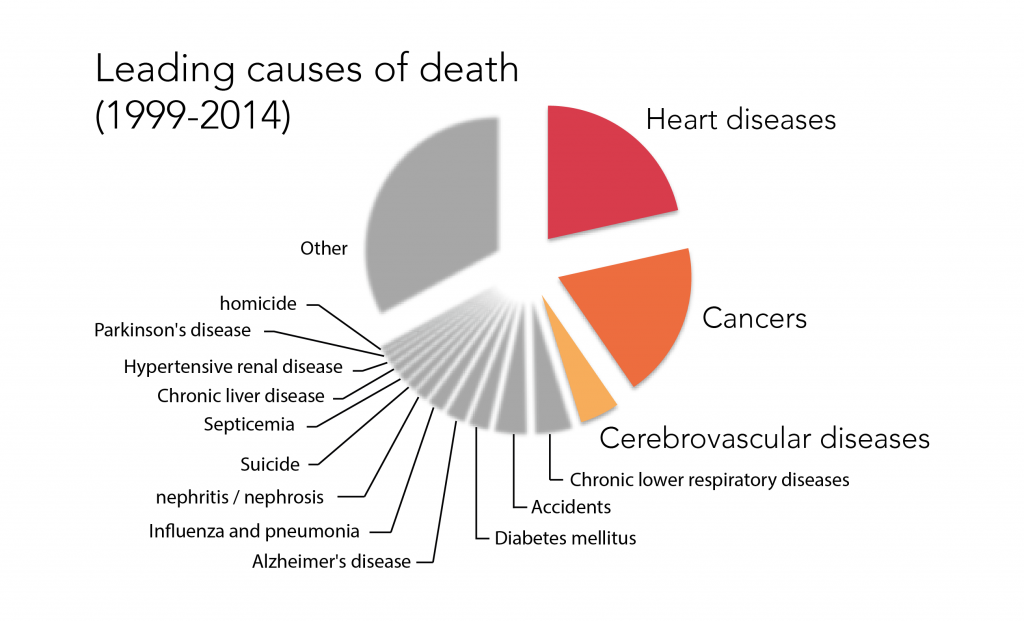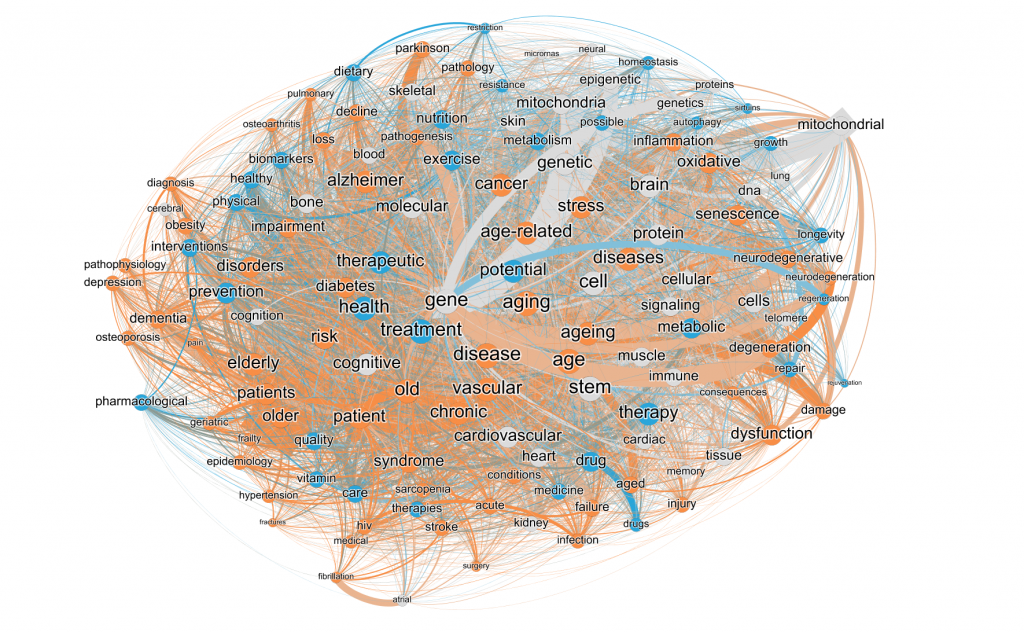The next time you poop, take a moment to realize that you have become more human by doing so. Sure, you have gotten rid of some smelly ‘uncivilized’ stuff, but at the same time, a large amount of little buggers have vacated your gut. Since these little buggers live in and on our bodies in about a 1:1 ratio with our own cells1, simply by pooping some out, you have tipped the scale to being slightly more ‘human’. Those little buggers are bacteria, and constitute what scientists call the ‘microbiome’. It’s a thing that (some) scientists love to dig in to, sequencing your poop to find out what types of bacteria live there. These bacteria are involved in the breakdown of food and the production of vitamins, so their impact can be vast. There seem to be good guys and bad guys, but how important is it all?

And that is the typical cycle that the media goes through regarding the gut microbiome.
So what can we really say about it? Continue reading


